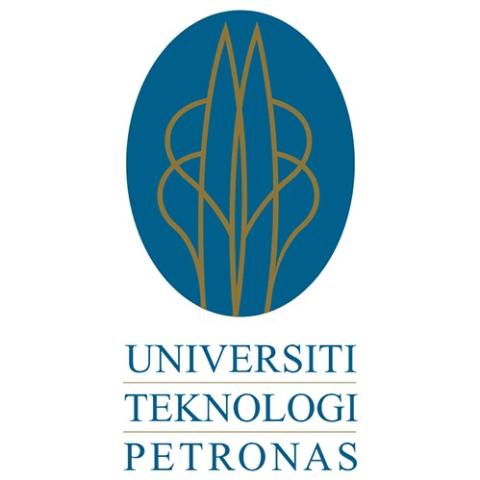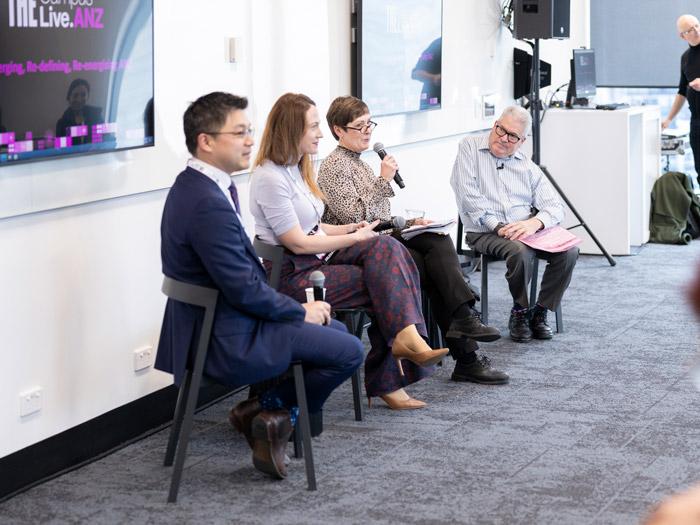
What’s the key to collaborations between HE and industry? Analytical testing services
Analytical testing services can revolutionise collaboration between universities and industries. Imtias Amir Bahauddin explains how
Research management
Sponsored by
Elsevier helps researchers and healthcare professionals advance science and improve health outcomes for the benefit of society.
You may also like
Popular resources
Analytical testing is the driving force of collaboration between higher education and industry, enabling both sides to create, innovate and provide solutions to problems they face. But how can we enhance analytical testing services to nurture these collaborations? Here, I’ll cover the best ways and highlight benefits, challenges and strategies to each method.
Why is analytical testing significant?
Analytical testing offers invaluable insights into the composition, properties and behaviour of materials, chemicals and products.
- Researchers need support to change the world – here’s how to provide it
- How can we take research from the lab to the marketplace?
- To extend your research’s impact, be bold and collaborate widely
Throughout history, these insights have propelled scientific discovery, eased the product development process and fuelled technological innovation. Techniques such as chromatography, spectroscopy and mass spectrometry have empowered researchers to analyse molecular structures, authenticate materials and evaluate product quality. For example, the electron microscope is widely used across a range of sectors, from food to engineering and forensic studies.
By harnessing the power of analytical testing, both academics and industry professionals can make informed decisions, pinpoint areas for improvement and drive innovation across various sectors.
Challenges versus opportunities
Despite its significance, higher education and industry are constantly facing challenges associated with analytical testing services in collaborative projects. The need for niche equipment, expertise and resources, as well as differences in priorities and urgency in adhering to timelines, must be considered.
But these challenges can be overcome through strategic partnerships, leveraging on platforms such as a memorandum of understanding/agreement (MOU/MOA). Both parties can maximise the endless possibilities of analytical testing while accomplishing their common goals together.
How is this possible?
To use analytical testing to enhance collaboration between universities and industry, think strategically.
First, universities and industries need to establish research centres or centralised laboratories equipped with cutting-edge analytical equipment and experts. These centres can serve as hubs for collaborative projects, knowledge exchange and technology transfer between the academic world and industry. Both could collaborate in the development of customised methods for specific industry needs to ensure accurate and reliable results. By offering analytical testing services to industries, universities can recover operational costs, optimising their resources. As a result, universities save on both operational and capital expenditures.
The second step is to nurture interdisciplinary collaboration partnerships. These are essential as they foster projects that can exist in various domains, including problem-solving, product development and even joint research publications. Initiatives such as these benefit from diverse perspectives and expertise contributed by experts hailing from an array of disciplines, such as materials science, chemistry, engineering and more. Most importantly, this approach would enable research findings to advance towards practical applications, eventually driving economic returns and societal impact.
Another crucial consideration is quality assurance, often overlooked by many universities despite its significance in industry. One contributing factor to this neglect is the distinction between industry and university projects. While industry initiatives are typically commercial, university projects serve educational purposes. ISO/IEC 17025 is a globally acknowledged standard for testing and calibration labs, ensuring precise and reliable analytical tests. Embracing this standard would enhance research projects, particularly those requiring adherence to specific benchmarks, while instilling stakeholder confidence.
Marketing and engaging promotions on analytical testing services can also facilitate collaboration, through short courses, workshops and webinars. These platforms would raise a awareness of the benefits of analytical testing and its potential implementations across various industries. This also opens the door for both university researchers and industry experts to collaborate, build networks and exchange knowledge.
Tailor-made training programmes and structured educational courses can provide university students and industry personnel with the required skills and knowledge in analytical testing techniques and methodologies. This nurtures a competent workforce, capable of driving innovation and excellence in collaborative projects.
The proof is in the pudding
Practical case studies and their success stories show the substantial impacts of joint projects via analytical testing between universities and industries. For instance, an MOU between the Centralised Analytical Laboratory of a university and a renewable energy company may use sophisticated analytical facilities to characterise the performance and effectiveness of renewable energy technologies. This collaboration may even progress alternative sustainable yet economical energy solutions, which would be able to tackle the urgent environmental challenges and expedite the transformation journey towards a clean energy future.
Economically, the possibilities for such collaboration projects to turn into products or technologies with commercial potential are limitless. For example, a partnership between a university that majors in engineering and a company whose business is in automotive manufacturing might use analytical testing to improve the design and performance of its automotive components. By incorporating the wonders of analytical insights into the product creation phase, they would produce not only products that consumers need but also drive economic growth and competitiveness.
Enhancing analytical testing services would boost effective collaboration between universities and industries. Analytical testing services are the key for universities and industries to foster creativity and innovation, while simultaneously providing solutions to complex challenges and helping to achieve their shared goals together. Interdisciplinary collaboration, technology integration, strategic engagement, capability-building and quality assurance are essential in enhancing analytical testing services and maximising their impact on collaborative projects.
The world is changing, and collaboration between universities and industries needs to evolve dynamically. Analytical testing will remain significant in propelling progress and generating value for important stakeholders. It is with strategic partnerships, innovative methods and a dedication to excellence that universities and industries can shape an illustrious horizon for future research and innovation.
Imtias Amir Bahauddin is laboratory manager at Universiti Teknologi Petronas.
If you would like advice and insight from academics and university staff delivered direct to your inbox each week, sign up for the Campus newsletter
Research management
Sponsored by




